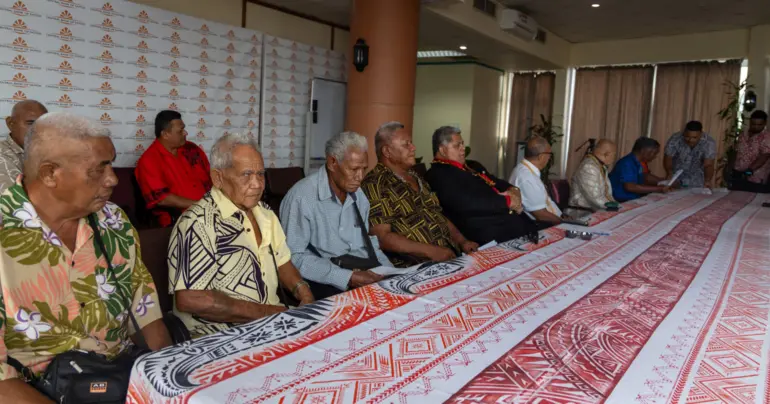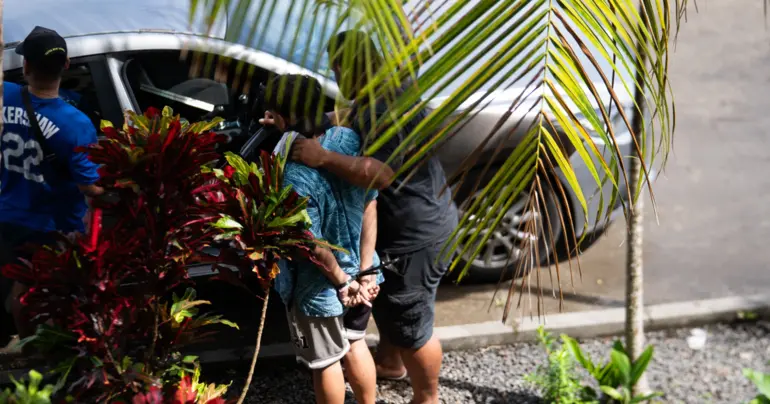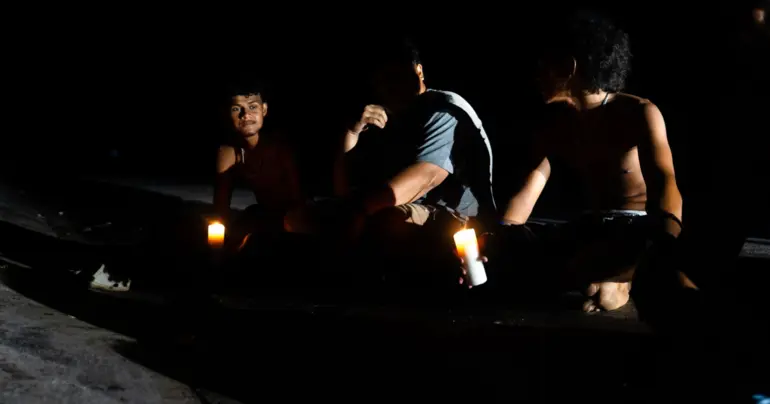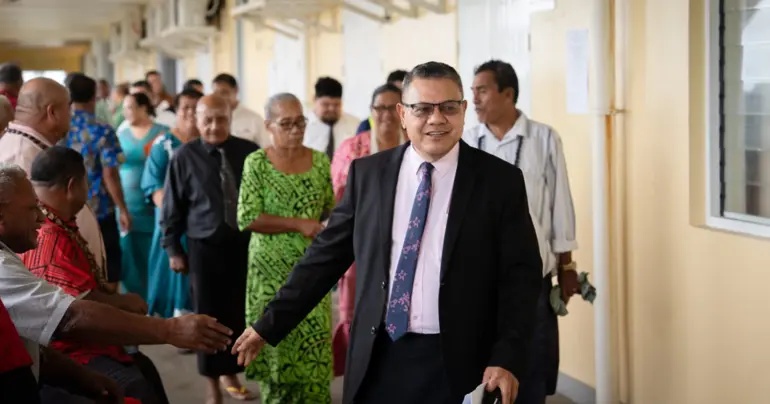Party billboards, village councils and freedom
 By The Editorial Board
•
27 January 2021, 3:00AM
By The Editorial Board
•
27 January 2021, 3:00AM
The 2021 General Election is 70 days away but the country already finds itself immersed in election paraphernalia.
There has been a spike in campaigning with political parties as well as candidates taking to social and mainstream media as well as village-focused roadshows in recent weeks, to complement the traditional messaging on glossy posters and billboards set up in different parts of the country.
Having held general elections since our independence in 1962, perhaps, we’ve got so used to the political rhetoric that comes with it every five years that this democratic process has now become monotonous.
But then we forget that there are millions of people around the world, who yearn for democracy and its basic pillar of free and fair elections.
Which is why every general election should be a celebration of our democracy, as it is an opportunity to put the Government’s performance in the last five years under the microscope, and ask whether they should be given another mandate.
But some developments in the last week threaten the civility that decent and law abiding citizens would want to associate with our democratic processes, as we countdown to the day of polling on 9 April 2021.
Early Sunday morning a Fa’atuatua i le Atua Samoa ua Tasi (F.A.S.T.) party billboard was vandalised at Vaiusu with Independent M.P., Faumuina Wayne Fong saying a gallon of paint was splashed onto both sides of the billboard that had pictures of the party’s Upolu and Savai’i candidates.
A complaint has been lodged with the Police with the Urban West M.P. also appealing to the perpetrators to refrain from such acts.
“This type of vandalism is uncalled for, I am very disappointed with this,” he told this newspaper.
“It is unnecessary, if you support another candidate, do what you have to do to support them, but you do not go out and do these sorts of actions especially on a Sunday morning.”
A day later we read of the F.A.S.T. removing a billboard that was erected in front of a church minister’s home in Paia Savai’i to avoid creating trouble in the village by rival political party supporters.
The F.A.S.T. party leader La’aulialemalietoa Leuatea Schmidt confirmed the incident and said the party had to act in order to “keep the peace”.
But that was not the only issue facing Samoa’s newest political party, as a Matai Elder (Tuua) of Satapuala Vaili Mimita, later confirmed in an interview with this newspaper the existence of a letter that banned F.A.S.T. and other political parties, as the village supports the ruling Human Rights Protection Party and want to avoid trouble amongst its residents.
“[To] top it off, it (letter) was also signed by paramount chief Toalepaialii Toivao,” said Vaili. “As it is in the letter, Satapuala village supports [the Human Rights Protection Party] Government and they do not welcome F.A.S.T. or any other political party into Satapuala; to avoid internal frictions among Satapuala villagers, and ensure that peace prevails.”
Vaili then acknowledged the presence of none H.R.P.P. supporters in Satapuala village before emphasising again that the ban was issued to keep the peace.
“We know there are F.A.S.T. candidate and supporters in the village and we will not infringe on their rights, but the main reason why we opted not to allow another political party is to ensure there is no friction between the villages.”
The Satapuala village council leadership should be commended for maintaining peace and good order, but it has obviously come at the expense of eligible voters who chose not to support the ruling party.
Therefore will this become the norm at every election cycle where supporters of the ruling party make unilateral calls on whether rival parties can or cannot campaign in their villages?
A lot has been said over the last 10 months, in the debate between the proponents of the rights of a village council versus an individual, as the controversial Land and Titles Court Bills weaved their way through Samoa’s legislative process before enactment.
So is the decision of the Satapuala village council to lock out rival political parties a manifestation of the fears that parties such as the Samoa Law Society expressed last year on how the L.T.C. Acts will gradually erode individual rights?
And is the decision of the Satapuala village council in breach of Article 13 of the Constitution regarding freedom of speech, assembly, association, movement and residence?
It is troubling that in our 59-year history as a nation, difference of opinion (in terms of a political party’s manifesto) and association (being a supporter or member of a rival party) has come to the fore on the eve of a general election and is proving divisive and thus pushing communities closer to conflict.
It should be noted that the essence of all Samoan citizen’s political rights, while expressed in the Constitution, was further qualified in 2008 when the Samoa Government ratified the International Covenant on Civil and Political Rights.
We note the appeal a fortnight ago by Prime Minister, Tuilaepa Dr. Sa'ilele Malielegaoi, to his party faithful, to front up at a F.A.S.T. roadshow and challenge the rival candidates’ “brainwashing”.
But Samoa's political leaders should take responsibility and appeal to their supporters to embrace tolerance and acceptance of differing political views and expression.
Failure to act now makes them equally culpable for any course of action that their supporters take contrary to the laws of the land.
 By The Editorial Board
•
27 January 2021, 3:00AM
By The Editorial Board
•
27 January 2021, 3:00AM










